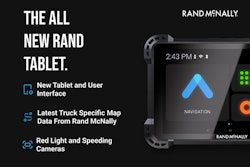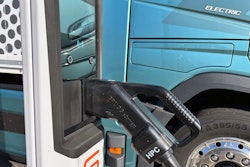In April 2018 I asked the question What’s your time worth? This was prompted by the disruption caused by the electronic logging device mandate. It was a moment in trucking during which carrier management, owner-operators and drivers alike began to take a harder look at time-based revenue, expenses and income – not just the per-mile calculations so long encoded in our thinking about productivity and profit.
But then and now, there is a large segment of the owner-operator and leased operator base that struggles with just how to crunch the numbers. I look at these numbers differently now than when I was doing all the busy work in the truck and trying to keep things in balance.
First things first: There are hundreds of thousands of one- and multiple-truck owners, and l know how difficult it is to manage everything and still drive with just one. If you have a small fleet, you are no doubt stressed even more. As fast as cost inputs and freight rates are changing, can you afford not to know your estimated profit and loss on every load contract before you go?
[Related: Independents worry fuel prices will keep rising]
One thing I want to encourage is separating your own driver pay from the business profit or loss. This can be mentally challenging when you drive for yourself. Yet making yourself the W2 employee with a set compensation will benefit you, now and in the future. After all, if you decide to hire a driver, you will be forced into this kind of system anyway.
With rates at historically high levels, profits are up. As in earlier cycles, many newer single-truck owners and current company drivers feel this and are looking to lease to a carrier anew or buy a second or third truck. We imagine all the income we’ll have, allowing us to stop driving and just hire others.
Take caution with this idea, given the current state of driver availability. Potential regulatory changes, too, may impact contracts and costs for transportation.








